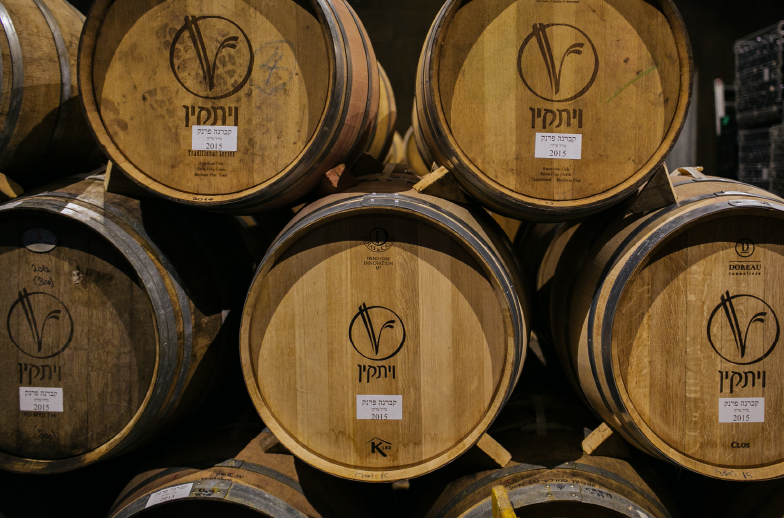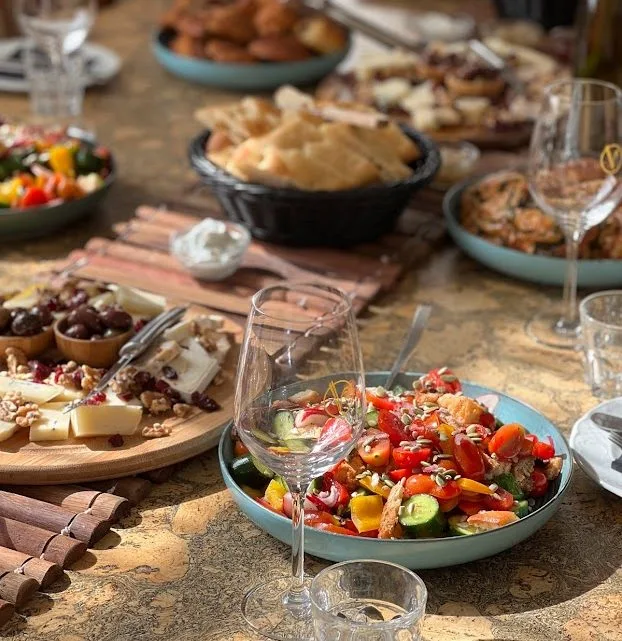Wines are alcoholic beverages that have been used for thousands of years. Wine is among the oldest alcoholic beverages known to mankind and includes, among other things, cultures, events, and figures, which influence and have influenced, among other things, the production processes, the development processes, and of course the nature of wine consumption throughout the world in general and in Israel in particular.
The first origins of wine
The earliest sources can be found in ancient historical inscriptions referring to wine production as early as 6000 BC. In the fourth century BC, evidence of wine production was found in several cultures in the Middle East and Egypt. The spread of wine is directly related to the different cultures and agricultural techniques of each region. Thus, in ancient times, wine was considered a luxurious and very important drink that was linked to religion, medicine, and society. In the Roman Empire, wine was at the center of social life and was kept in wine houses that were established throughout the empire.
This is how wine spread around the world
The unique properties of wine, including its ability to age and maintain its quality over time, succeeded in making it a sought-after commodity on all trade routes of ancient times, and thus it managed to spread throughout the world.
Wine's turnaround occurred in the 19th century, when it was upgraded and renewed, mainly due to technology and agriculture that was renewed and developed significantly. As technology advanced and agriculture became more professional, production processes improved along with quality.
New greenhouses contribute to expanding production
Over the years, the field has developed and many diverse wineries have been added all over the world, especially in North America, New Zealand, Australia, and more, which has led to a significant increase in both exports and the variety of flavors and styles, and they have begun to produce not only red wine but also white wine. rosé wine And so on. In modern times, the cultivation fields have spread to many and extensive parts of the world, many wineries have opened and developed, so that the wine industry has gained significant momentum. Currently, many regions produce wine, each with its own taste, quality, and style.

The role of wine in different cultures
Wine is a significant component of the social and cultural fabric of various cultures and serves one or more of the following roles:
- Wine is an important component of spiritual and religious ceremonies – sanctification in Christianity and Judaism
- An integral part of family and social events – weddings, engagements, birthdays, events and more.
- An inseparable part of human culture and directly related to literature, art, music, painting, etc. In some cultures, wine can be found as a symbol and as a subject in images, stories, and poems, and wine is even a source of inspiration for artists (painters, sculptors, etc.).
- A source of inspiration for food culture – in many cultures, wine accompanies meals and even influences the taste and quality of the meal. Wine significantly influences the diner's culinary and sensory experience.
- In many cultures, wine represents a division into social strata, status, and social affiliation.
The taste of wine and the connection to the region where the grapes grow
Rosé wine, like red or white wine, varies in flavor in perfect harmony with the grape growing region, including the climate and soil the grapes grow in. Throughout history, it has been observed that wines were named after the region in which they were produced.
Wine classification and vintage
Wine is classified according to the vintage year, that is, the grape harvest of that year - many wines improve over time, and therefore it is customary to preserve the wine over time in order to improve it. Many wine lovers will testify that red wine improves better than recommended white wine, due to the high concentration of tannin (grape skins) found in red grapes. If you are craving white, red or rosé wine, you are invited to Vitkin Winery There you can enjoy diverse wine series, produce events, visit the visitor center, and enjoy a unique atmosphere.





